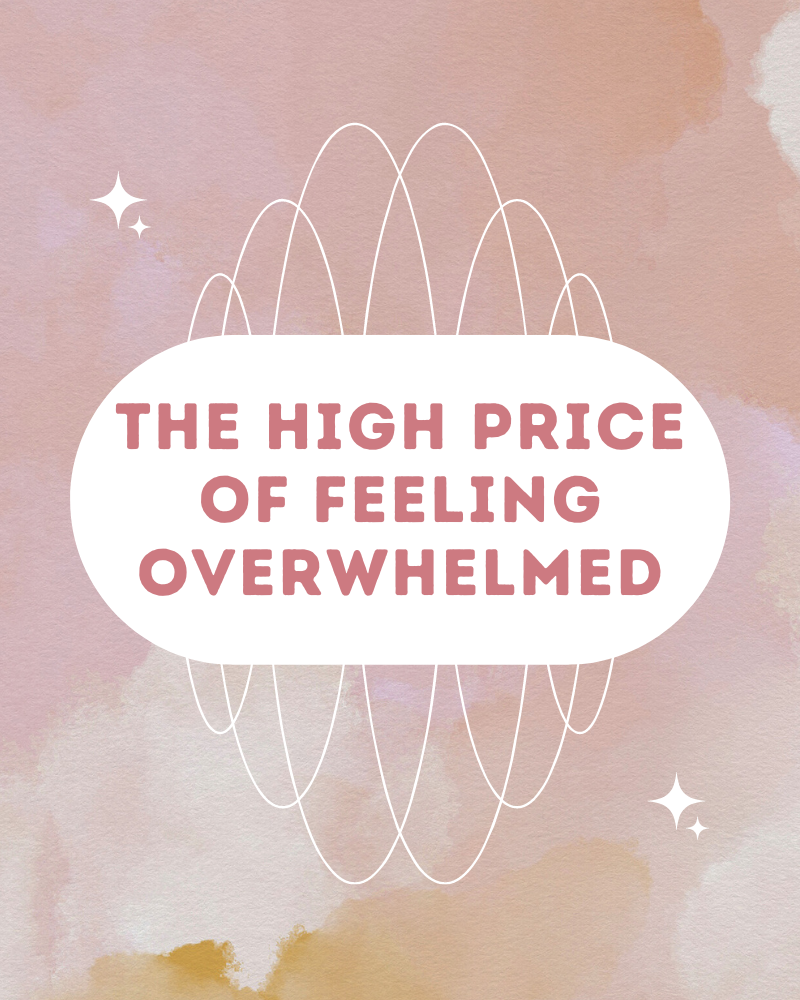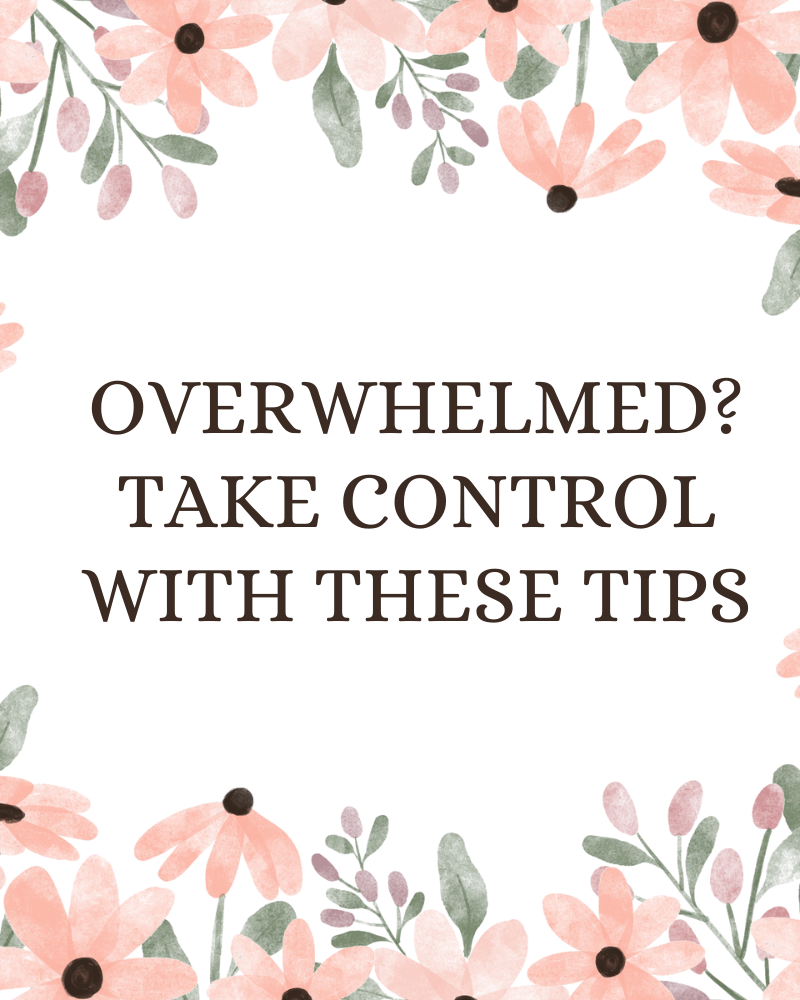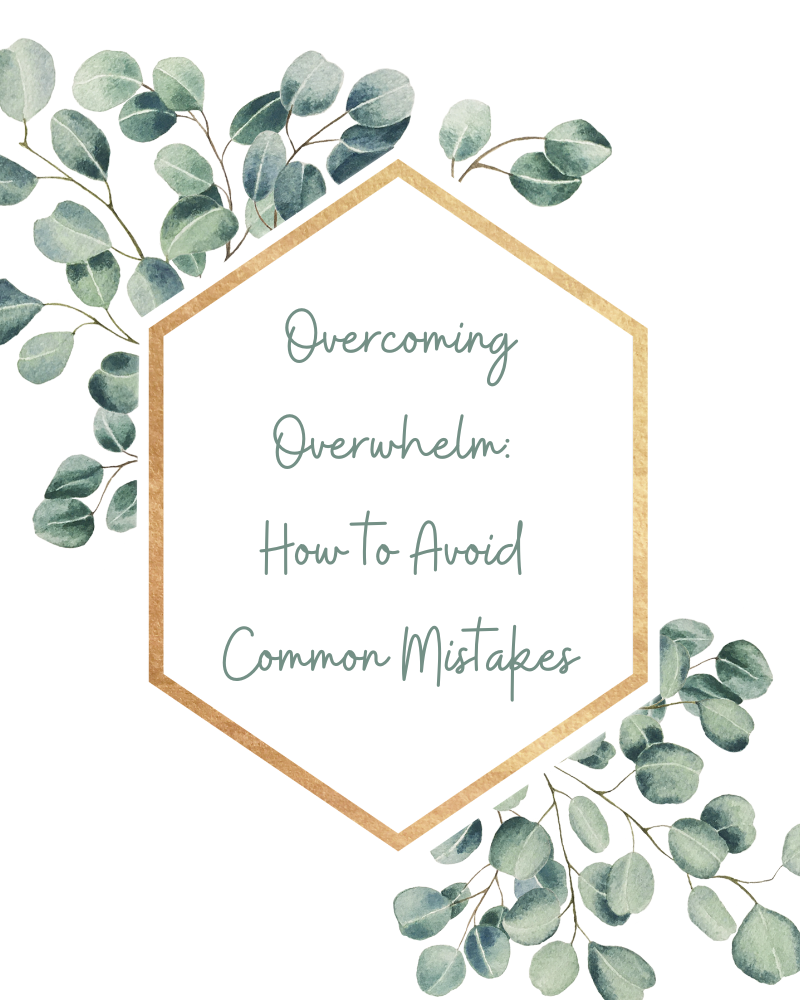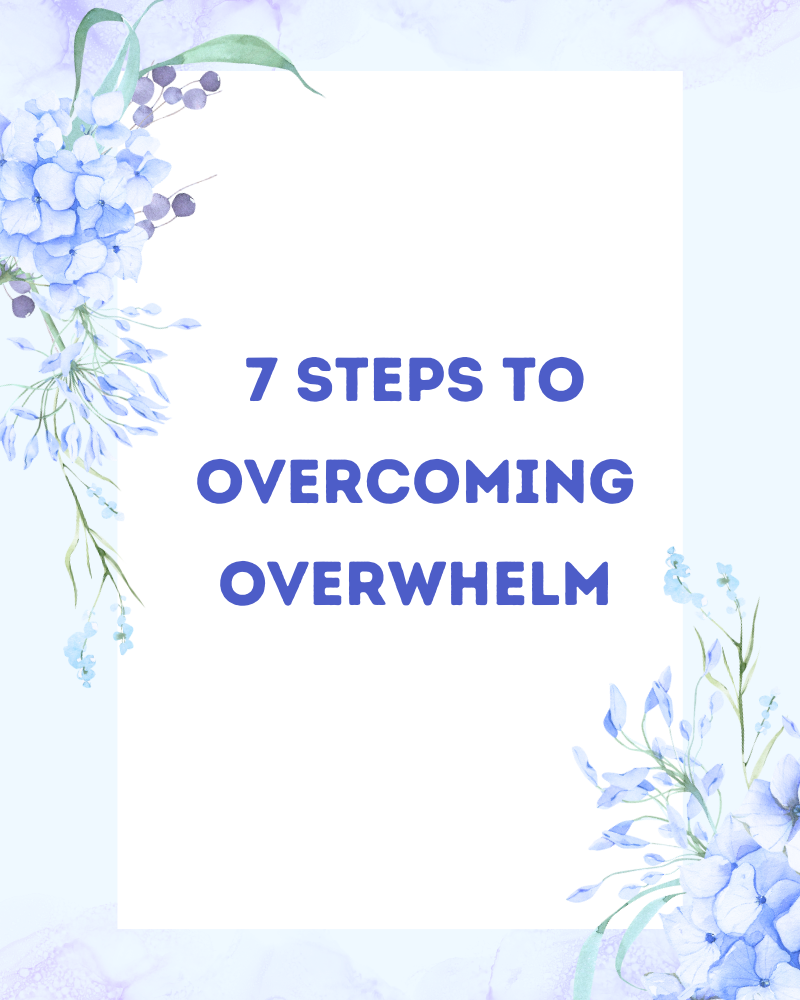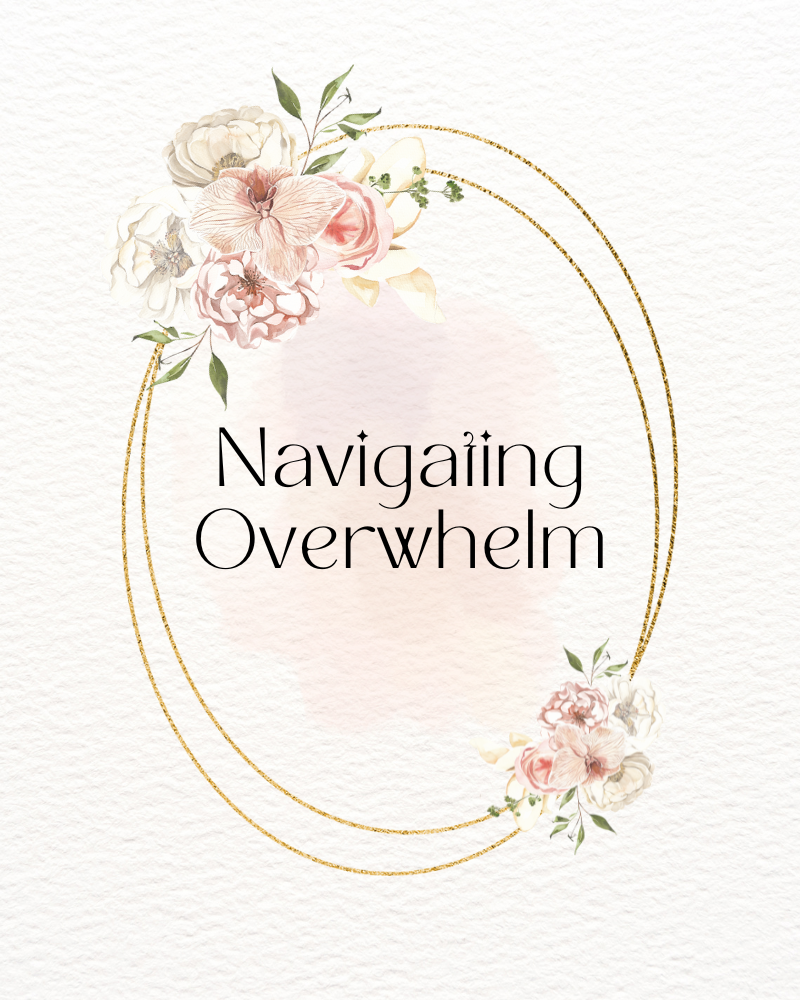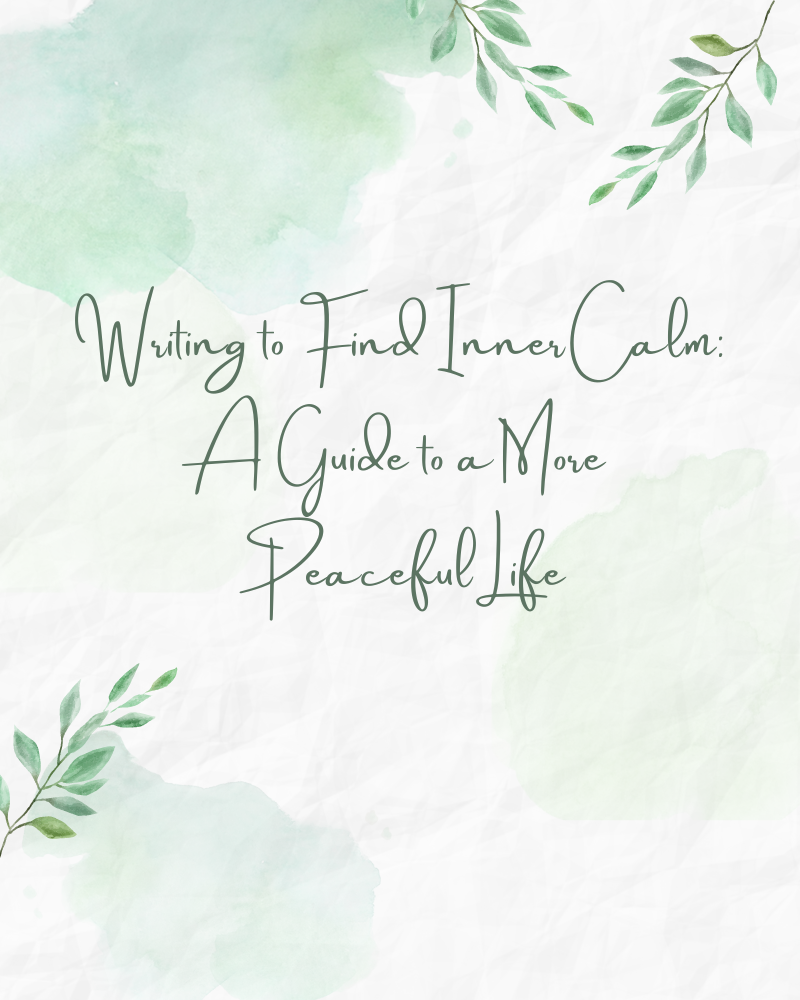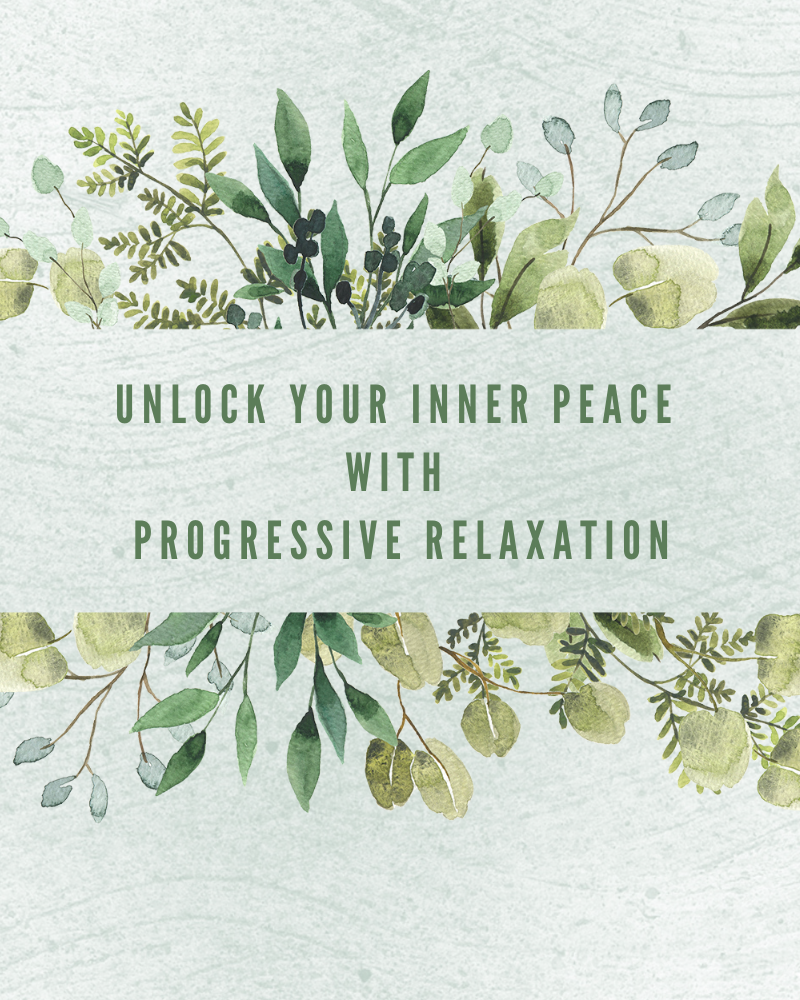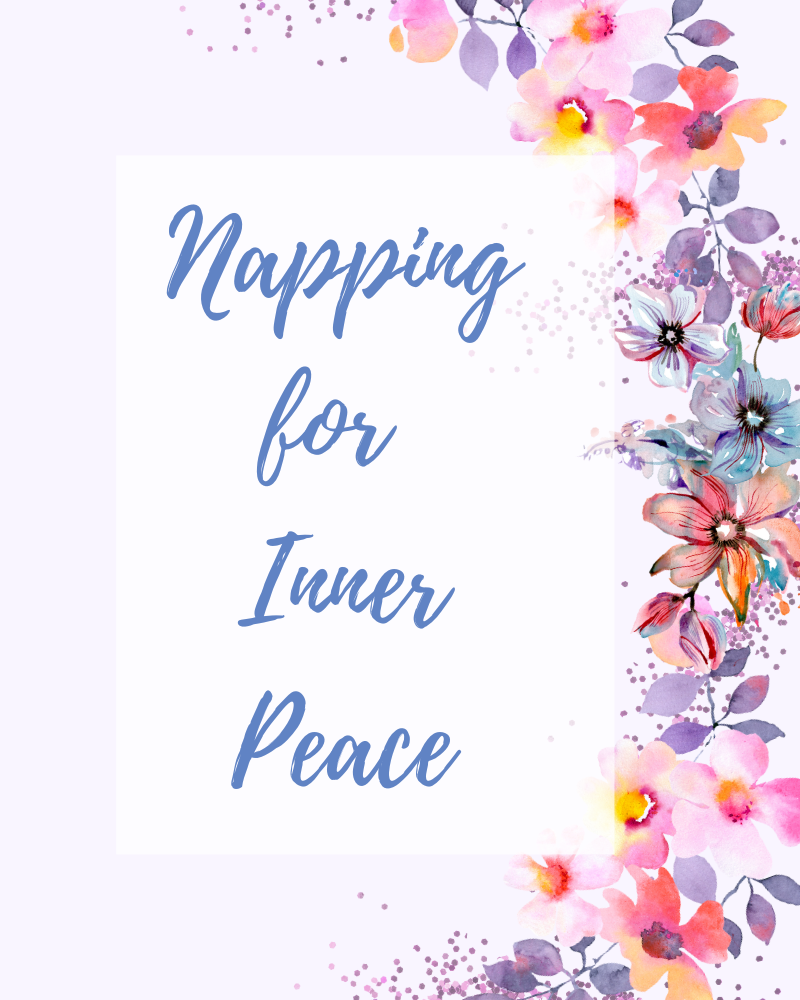With just a few tips to follow, you can take proactive steps to stop overwhelm by nipping it in the bud. In this blog post, we’ll look at some simple but effective strategies for stopping overwhelm before it starts. So read on to learn how to take back control of your life.
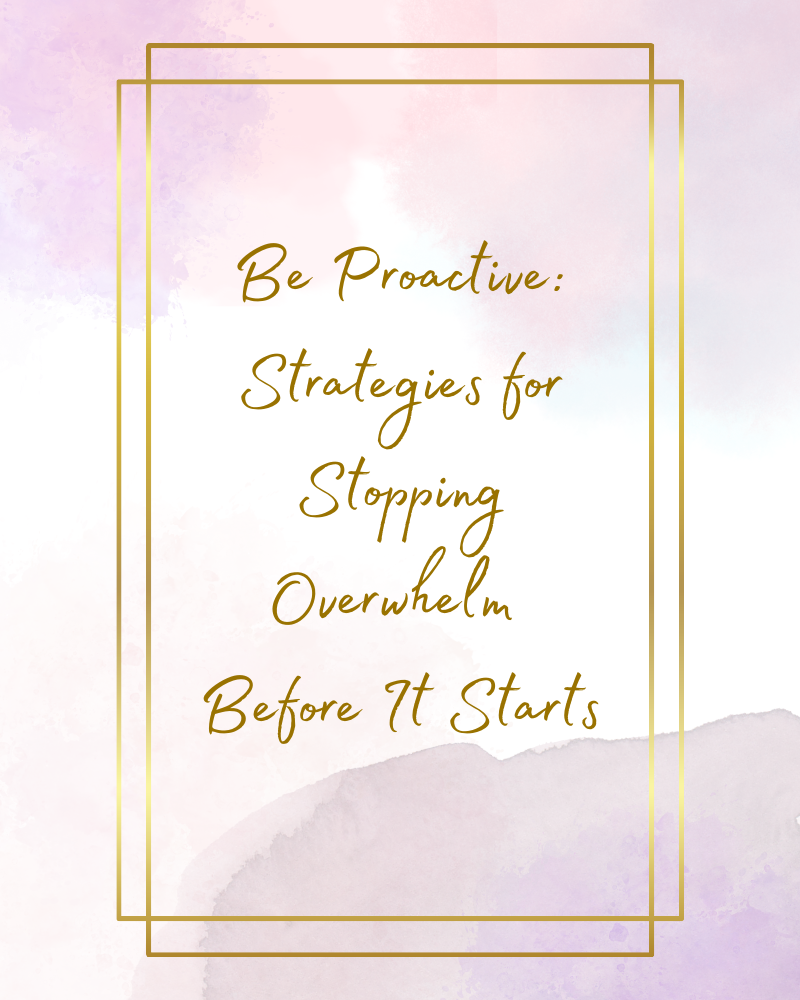
All of us struggle with feeling overwhelmed from time to time. That project for work that seems impossible to finish, or helping your kids with their algebra homework and not even remembering how to do it yourself. It’s enough to make anyone feel like they’re in way over their head but it’s normal.
When the daily grind starts to feel like too much and you’re taking on more than you should, you could be on the road to burnout. But don’t worry, there are plenty of ways to take back control and reduce the feeling of being overwhelmed. With a few simple changes, you can avoid those feelings of drowning and make sure you don’t get too bogged down by the workload.
How to Stop Overwhelm Before It Starts
Consider these tips and choose the one(s) that will work best for you:
Put Your Most Important Tasks First
Prioritise those tasks that are the most important to you and that will bring you the most value (eg. save you more time later). Take care of these first. This way, you won’t get bogged down by the trivial stuff that just seems easiest. Make sure you’re focusing on the things that will really make a difference in your life. Acknowledge when you’ve achieved them. It’s important to notice what you have done, not just what is left to do.
Choose Not to Multitask
Multitasking may feel like you’re making the most of your time but studies have shown that that’s not really true. Each time you switch between tasks, you lose out on precious productive time. Not only that, your brain doesn’t appreciate it either. Instead, focus on one task without interruptions and reap the benefits of getting more done.
Think Ahead
Things can sideline you mentally when you’re reacting to day to day events. Your mind can feel overwhelmed and unsure of what to do. It can be extremely frustrating to spend half an hour dealing with what seems to be an urgent matter only to find out that someone else has already fixed it. Taking a step back and asking yourself if the problem is really yours or is it down to someone else, or if you can wait to answer that email can help you put things into perspective. It’s all about slowing down and taking a breather to really think things through.
Guard Your Calendar Closely
It’s all up to you to decide what goes on your calendar and what stays off. Before saying yes to a new project or a night out with friends, tell them you’ll get back to them. That way, you can take your time to decide if it’s worth taking the time out of your schedule.
Allow Yourself Time to Let Your Mind Wander
Your brain needs a break sometimes. If it’s always running at full speed, it won’t work as efficiently. So, give it a rest and let yourself do something mindless. When you perform a mindless chore, you might be surprised at the different solutions that start popping into your head.
We hope that these strategies for stopping overwhelm before it starts help you stay on top of your workload. Being proactive and staying organised can make a huge difference in how you handle stress. Don’t wait until you’re in the middle of a stressful situation to take action. Take the time now to set yourself up for success and you’ll be better equipped to handle whatever comes your way.

